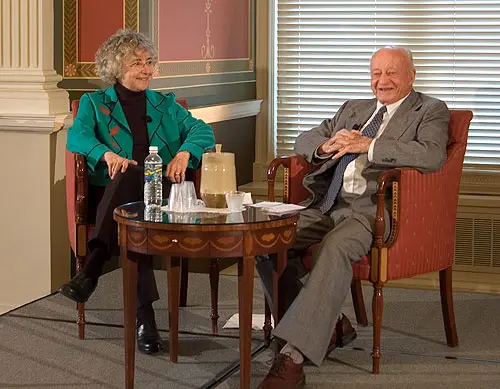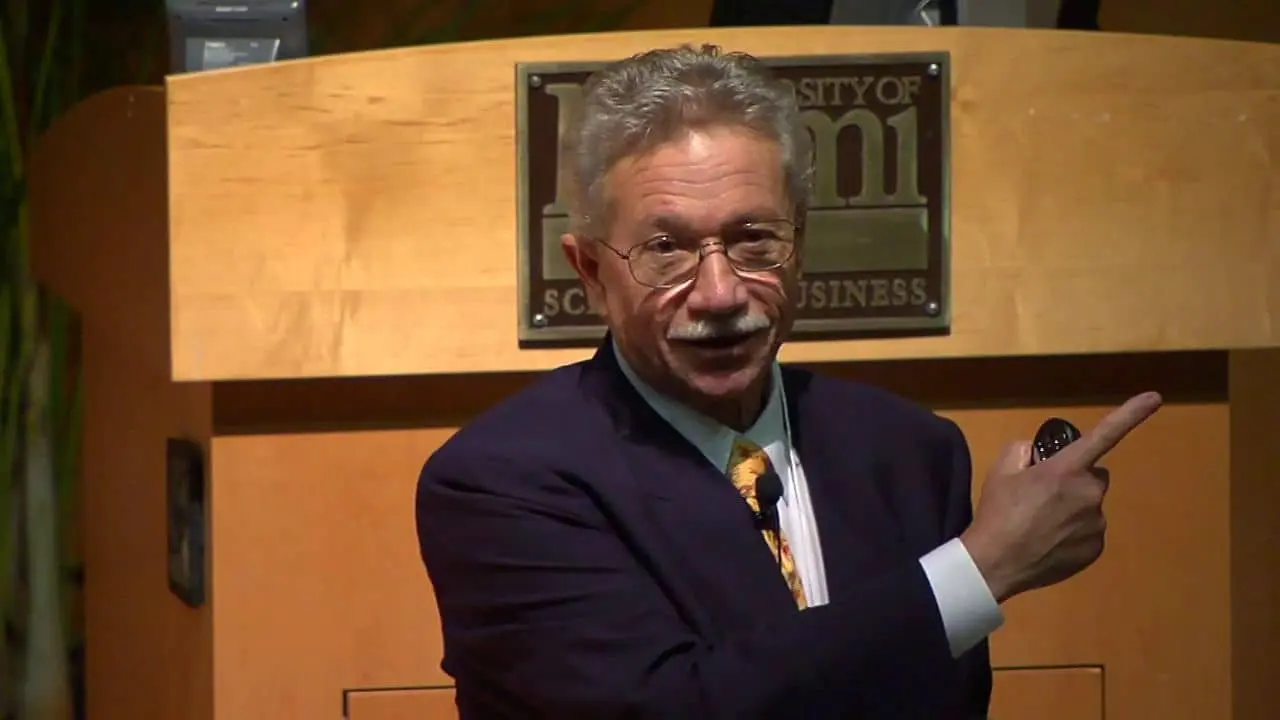Two people with extensive careers documenting the history and culture of Florida will be in Brevard County this week discussing their new books.
On Friday, January 13, at 7:00 pm, author and archaeologist Jerald T. Milanich will discuss his new book “Handfuls of History: Stories about Florida’s Past” at the Library of Florida History, 435 Brevard Ave., Cocoa Village.
On Saturday, January 14, at 2:00 pm, author and folklorist Peggy A. Bulger will discuss her new book “Stetson Kennedy: Applied Folklore and Cultural Advocacy” at the Brevard Museum of History and Natural Science, 2201 Michigan Ave., Cocoa.
Dr. Jerald T. Milanich is Curator Emeritus of Archaeology at the Florida Museum of Natural History, Emeritus Professor of Anthropology at the University of Florida, and one of the most respected historical archaeologists in the state.
“The past is fun to think about and to learn about,” says Milanich. “I love to do both. I also enjoy writing about the past. When we study and consider history, and when we write about it, we are making the past new again, which, of course, leads to more history. Florida is a state with a history like no other. People have been living here for as many as 14,000 years, maybe more.”
In his new book, “Handfuls of History: Stories about Florida’s Past,” Milanich discusses pre-Columbian Florida, Colonial Period people and events, and the nineteenth century shipwreck of the steamship City of Vera Cruz.
Milanich explores the origins of archaeology in Florida with Clarence B. Moore, and offers advice to future archeologists. He may even stir up some controversy as he questions the authenticity of the Miami Circle.
“My goal is to make history something people will value, even though the events of the past certainly were not necessarily pleasant experiences for those who lived them,” says Milanich. “If there is one thing that history tells us, it is that greed, fear, ignorance, and the quest for power have contributed to the demise of people and societies. Maybe the past is not all that different from the present. But by understanding the past perhaps we can enjoy a better future.”
Dr. Peggy Bulger was the state’s first folklorist, serving as Folk Arts Coordinator in 1976. From 1976 to 1989 she held senior folklore positions at the Florida Folklife Program, and created the Florida Folklife Collection. Bulger served as Folk Arts Director and Senior Program Officer for the Southern Arts Federation in Atlanta from 1989 to 1999, when she then became Director of the American Folklife Center at the Library of Congress. Since 2011, she has been back in Florida, working with other folklorists throughout the state.
Bulger has been gathering material for her book “Stetson Kennedy: Applied Folklore and Cultural Advocacy” for forty years.
“I started really delving into materials that were done during the WPA,” says Bulger. “Stetson Kennedy, Zora Neale Hurston, Alan Lomax, Herbert Halpert, all of them were folklorists who had worked in Florida back in the ‘30s and ‘40s. I was 25-years-old in 1976, and I thought that anyone who had lived in the 1930s and ‘40s was dead, because that was ancient history.”
Bulger was shocked and pleased to discover that Stetson Kennedy was alive and well and living in Jacksonville.
“I went to see Stetson and I started interviewing him about the WPA and the work that he had done here in Florida,” Bulger says. “Over the course of the years, we became fast friends, from ’76 to when he died in 2011. He really informed the work that I did in Florida.”
Stetson Kennedy was born in Jacksonville on October 5, 1916. From 1937 to 1942, he traveled the cities, towns, and rural backwoods of Florida documenting the cultural heritage of the state’s diverse populations. Using the name John Perkins, Kennedy later infiltrated the Ku Klux Klan, exposing their secrets. He was an activist for positive social change, working to make life better for Floridians until his death on August 27, 2011.
Bulger’s talk is presented in conjunction with the exhibition “Stetson Kennedy’s Multicultural Florida” at the Brevard Museum of History and Natural Science.
The presentations of both Milanich and Bulger are free and open to the public.

